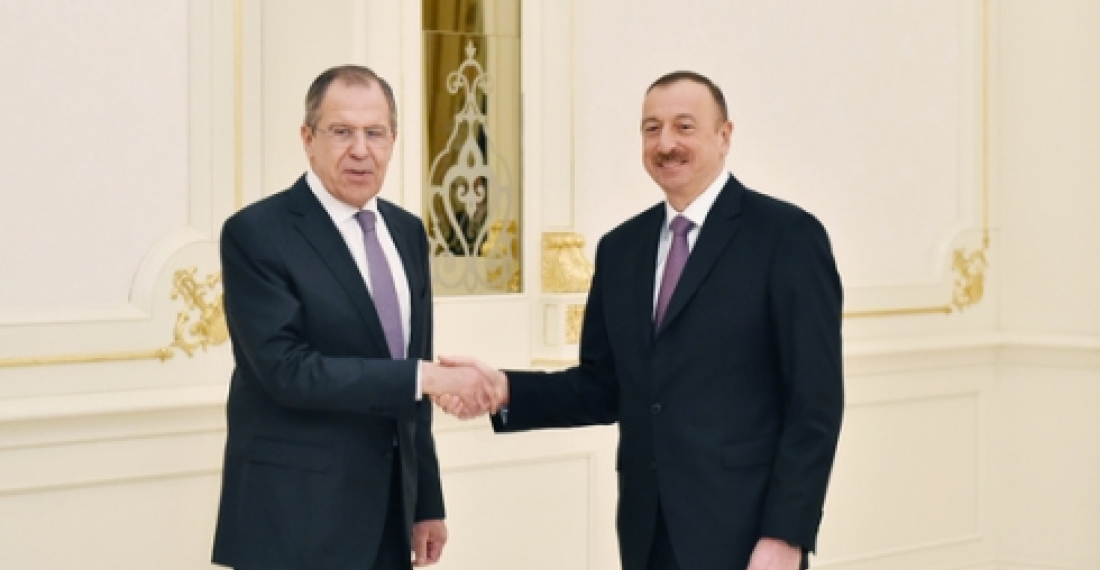Russian Foreign Minister Sergei Lavrov arrived in Baku on Wednesday evening and shortly after met with Azerbaijani President Ilham Aliev.
In remarks to the media, the Russian Foreign Minister referred to the recent incidents in the Karabakh conflict zone.
Lavrov said that the process of settlement of the Nagorno-Karabakh conflict faced a serious challenge: "In view of the circumstances, you have mentioned - the resumption of hostilities, which is probably for the last many, many years the most massive. We are, indeed, and at the level of the president, and at the level of the Prime Minister, at the level of our ministry, and at the level, of course, the Defence Ministry and the General Staff have undertaken everything necessary to help the parties reach an agreement on a cease-fire.
We are ready to help ensure that this agreement will not be violated. It is important to calm the situation in this particular issue, more actively - I hope the events of recent days will push us to it - to engage in a political settlement.
We have a proposal that we, together with the co-chairs are trying to involve more actively in order to achieve an agreement between Azerbaijan and Armenia. I hope that we will be able to pay attention to these issues in the medium-term, long term, and talk about that today and tomorrow. We fully support the initiatives that are now undertaken by the co-chairs. They visited Baku. Tomorrow they will be on the line of contact, the day after tomorrow - in Yerevan. And we think with the help of the OSCE, and of course, not only the OSCE, but also the International Committee of the Red Cross,
it is important to have the confidence to take action as soon as possible and to create the necessary prerequisites for the resumption of the political process."
In Baku, the Russian Foreign Minister also participated in trilateral discussions between the Foreign Ministers of Azerbaijan, Iran and Russia on issues related to the Caspian Sea and the wider region.
source: commonspace.eu with APA
photo: Russian Foreign Minister Sergei Lavrov with Azerbaijani President Ilham Aliev in Baku on 6 April 2016 (picture courtesy of the press service of the President of Azerbaijan).






